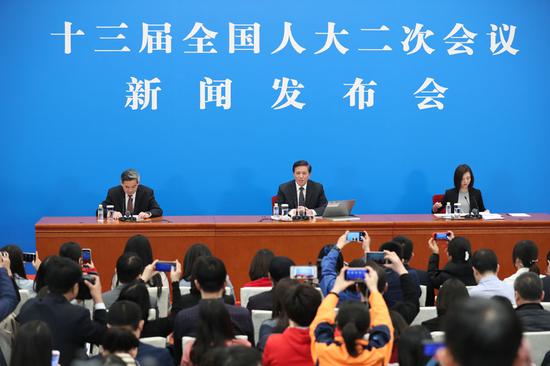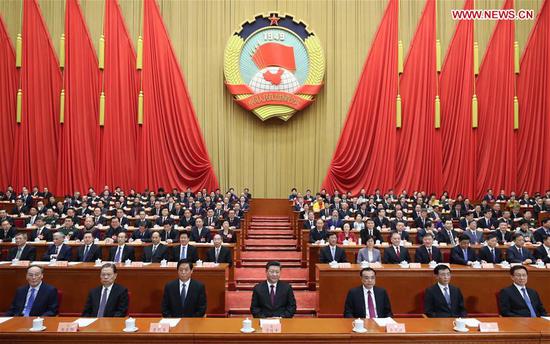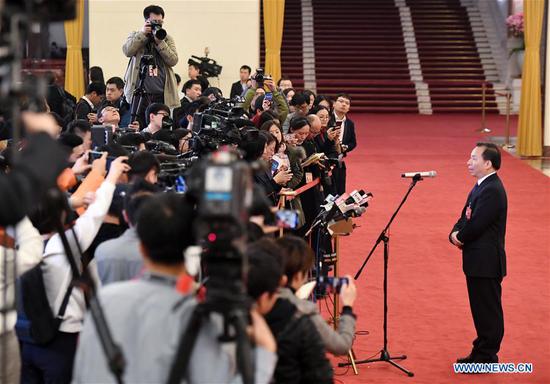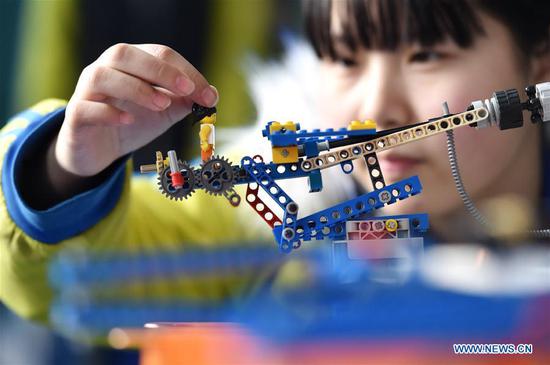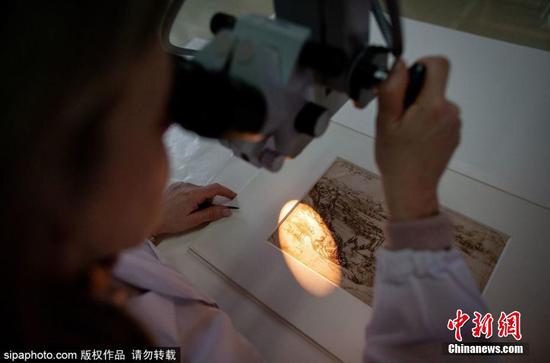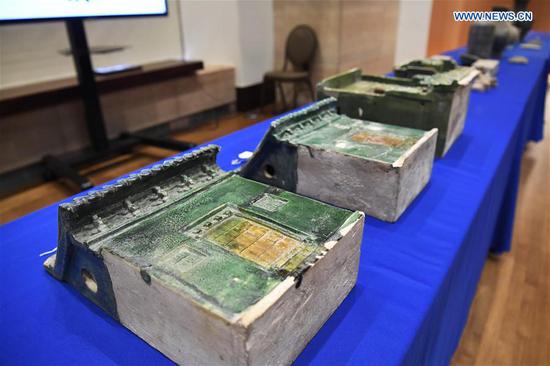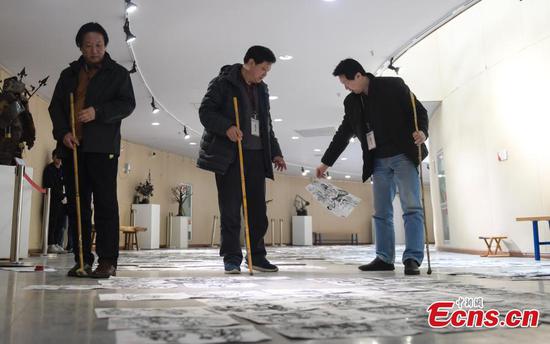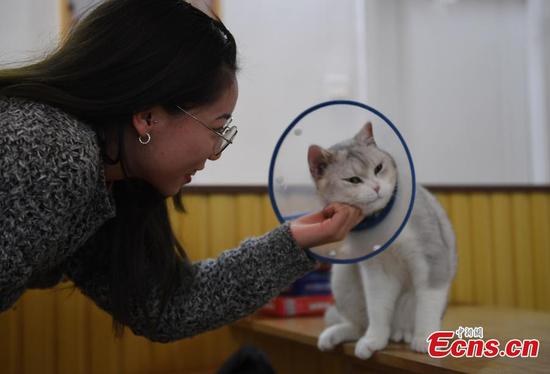
China plans to make a personal information protection law, in a bid to fight against improper collection, abuse and leaking of citizens' personal information, a spokesperson for the annual session of the country's top legislature said Monday.
Strengthening the protection of personal information has been essential to protecting citizens' privacy and life and property security and in regulating a sound and orderly development of the Internet, said Zhang Yesui, spokesperson for the second session of the 13th National People's Congress (NPC) at a press conference of the NPC Standing Committee.
The NPC Standing Committee will also work on a number of laws relevant to artificial intelligence (AI).
In fact, there are laws, regulations and rules concerning personal information protection in China, even though they are quite scattered. So it is necessary to formulate specific laws according to the development.
The Standing Committee has listed the formulation of the personal information protection law in its legislative plan, and relevant departments are working on it, according to Zhang.
Meanwhile, the Standing Committee will also work on a number of laws relevant to artificial intelligence (AI).
"AI is a strategic technology which will lead the new round of scientific and technological revolution and industrial transformation. Some countries have elevated it into national development strategies," said Zhang.
However, it should be aware that there is still uncertainty associated with the application of AI technology, which may bring new challenges in terms of legal, ethical and public policy.
Therefore, China will on one hand "encourage the development of AI technology and its application" and on the other hand, "strengthen prevention and proper guidance to ensure it's secure and controllable."
The NPC Standing Committee has included in its five-year legislative plan a number of laws related to AI, such as the digital security law, the personal information protection law and the revision to the law on scientific and technological progress, to provide a strong legal guarantee for the innovation and development of AI.
(With input from Xinhua News Agency)



















